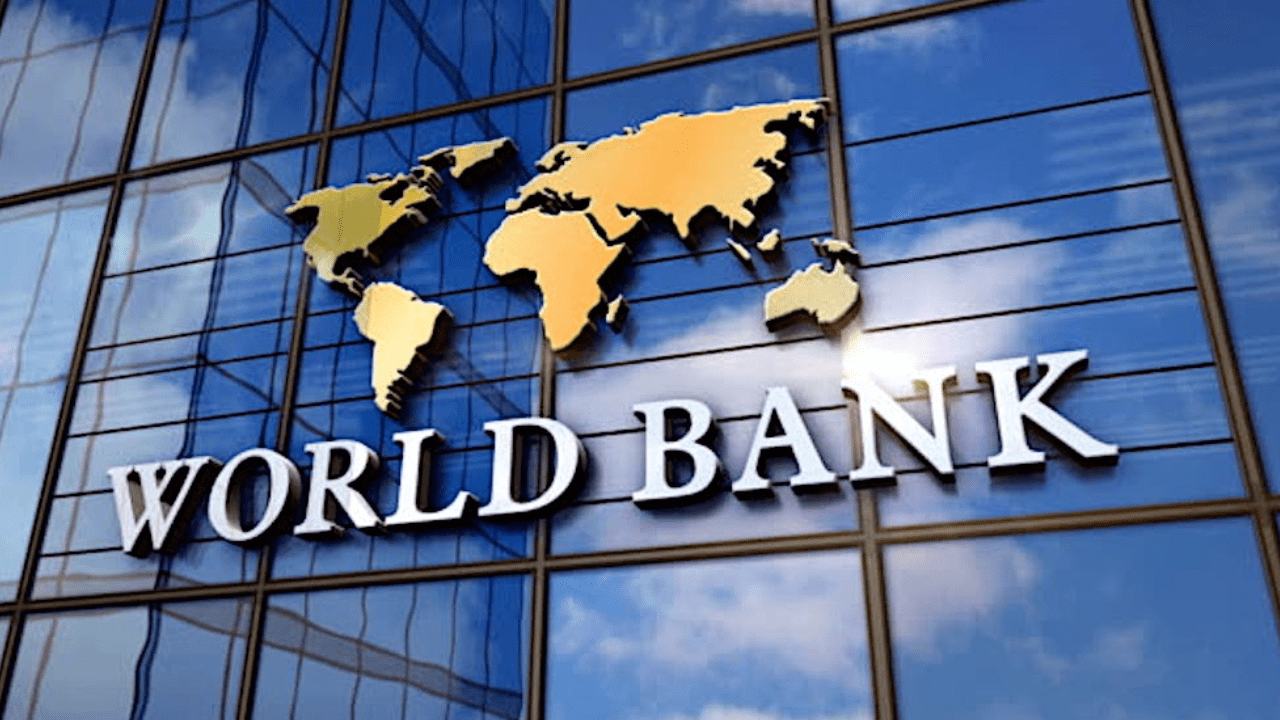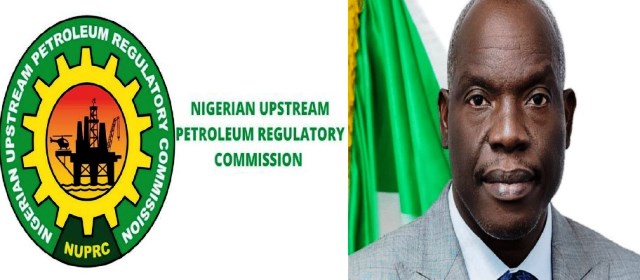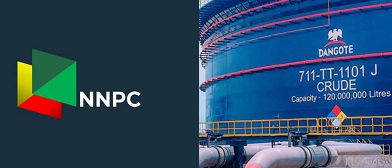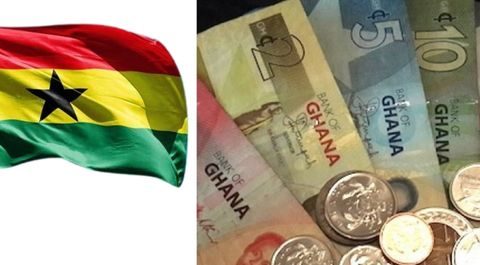The World Bank’s latest report for Nigeria projects a 3.7% surge in its Gross Domestic Product (GDP) for 2025.
This positive outlook, an increase from the initially projected 2.9% for 2023, is attributed to the gradual fruition of macro-fiscal reforms.
Join our WhatsApp Channel“Inflation should gradually ease as the effects of last year’s exchange rate reforms and removal of fuel subsidies fade. These structural reforms are expected to boost fiscal revenue over the forecast period,” stated the World Bank.
President Bola Tinubu’s administration has implemented key reforms, including the removal of fuel subsidies and foreign exchange rate harmonization, with a keen focus on infrastructure, manufacturing, and technology.
The World Bank emphasized that Nigeria’s economic growth will be fueled by sectors such as agriculture, construction, services, and trade. Despite these positive projections, challenges persist, including a 133% increase in the number of Nigerians facing food insecurity over the last three years, reaching 148.7 million people between 2020 and 2022.
The Nigerian economy softened in 2023 due to the disruptive currency demonetization policy, involving the replacement of old high-denomination naira notes.
Rising public debt, persistent inflation reaching a 21-year high of 28.92% in December 2023, and a weak business environment are concerns that may pose downward risks to Nigeria’s growth prospects.
The United Nations, in its ‘World Economic Situation and Prospects 2024’ report, noted the challenges facing African countries, including deteriorating fiscal positions due to high public debt and a low domestic revenue base in 2023.
Efforts to increase in-country oil refining capacity are expected to reduce domestic fuel costs in 2024 and beyond, providing relief for governments grappling with tight fiscal spaces.
Emmanuel Ochayi is a journalist. He is a graduate of the University of Lagos, School of first choice and the nations pride. Emmanuel is keen on exploring writing angles in different areas, including Business, climate change, politics, Education, and others.


















Follow Us